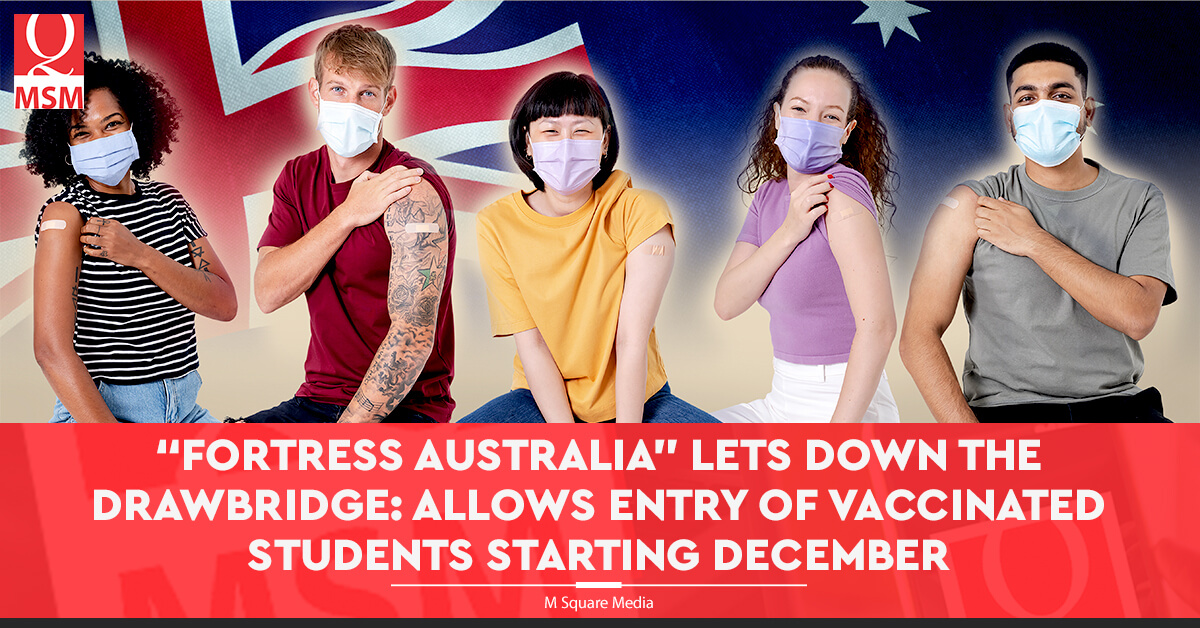In a much-anticipated move, Australian Prime Minister Scott Morrison announced that international students might enter Australia starting in December 2021. However, they must be fully vaccinated and could produce a negative PCR test before getting on their flights to Australia.
Aside from 160,000 students expected to take advantage of the change in government policy, about 50,000 other visa holders may also come through without a travel exemption.
However, the loosening of restrictions on the national level does not necessarily trickle down to all states and territories, which may still impose restrictions on overseas arrivals. Business advocates point out that inconsistencies in quarantine and overseas arrival policies can only hinder the full recovery of Australia from the ravages of the pandemic.
Those vaccinated and touching down in New South Wales, Victoria, and the Australian Capital Territory (ACT) will not be subject to arrival caps or quarantine requirements. Australian Chamber of Commerce and Industry chief executive Andrew McKellar pointed out that NSW and Victoria will benefit the most in the short-term by putting out the welcome mat.
It will incentivize students to choose higher education institutions in these states for their study destination, bringing in much-needed revenue. At the same time, welcoming back international students and skilled workers will help address the labor shortage problem in critical industries of these states. However, for students already enrolled in HEIs in other states or territories, the uncertainty of their welcome can create a significant problem for them.
The decision of the Australian government to finally lower the drawbridge was the decline in the number of Australians requesting repatriation assistance. The Department of Foreign Affairs and Trade reports that requests are down from 40,000 earlier in the year to 7,500, partly due to increased available flights.
The expected influx of overseas arrivals in December is sure to be good news to beleaguered airline companies and associated industries, meaning higher job creation. However, the short notice may also create a shortage of available flights.
However, changes to the government policy on travelers do not extend to tourists unless they come from a country with an established travel bubble with Australia. These countries include New Zealand, Singapore, Japan, and Korea. The first wave of tourists, relatives of Australian residents, and students arrived in Melbourne and Sydney on November 21.




